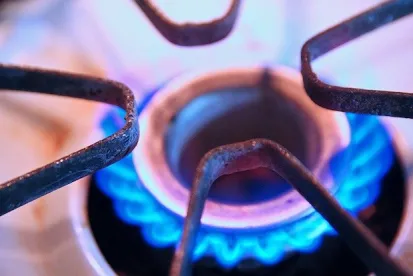Pooling for oil and natural gas development was addressed in the latter half of the 20th Century by the Pennsylvania General Assembly in the Oil and Gas Conservation Act of 1961. This law addresses deep wells that penetrate the Onondaga formation which is the formation immediately below the Marcellus Shale. In order to promote the development and production of deeper oil and gas resources and to prevent waste, the law provided for drilling units to be established. The law contains specific provisions on establishing spacing units and procedures for integrating voluntary and non-voluntary interests. Although these provisions were seldom, if ever, used by operators, they did represent Pennsylvania’s foray into pooling and unitization. Unfortunately and as the result of non-use, these provisions became inoperable due to changes in state agencies and commissions over the succeeding decades. While these provisions do not apply to wells drilled into the Marcellus Shale formation, they do apply to operations into the Utica Formation. Ironically, we have one recent attempt by an operator to use these 1961 provisions to establish a drilling unit for Utica development in Pennsylvania. Sadly, this attempt became a “pass the hot potato” exercise by state government with no one willing to take a leadership role in fulfilling the procedures called for in the law. Public hearings on the unitization request were postponed several times and a lawsuit was filed by several landowners challenging the action by the operator. More recently and in a final blow to the effort, the operator involved withdrew its request for the gas well spacing unit action, so any hope of reestablishing a viable pooling program in Pennsylvania is, at least for now, dead. It is also clear that neither the Governor nor Pennsylvania’s legislative leaders are willing to enact new or modern pooling legislation that may benefit operations into formations above the Onondaga, particularly in Marcellus Shale.
In spite of this disappointing turn, it is expected that operators continue to show a willingness of to invest in and develop Pennsylvania’s deeper shale gas resources. The industry in the Commonwealth will continue to be both successful and profitable within the limits of the existing environment. While an effective and workable pooling program would enhance and perhaps encourage additional operations into the deeper formations, particularly in those areas with highly fractionalized parcels, negative impacts on industry beyond localized cases would be difficult to quantify.




 />i
/>i
